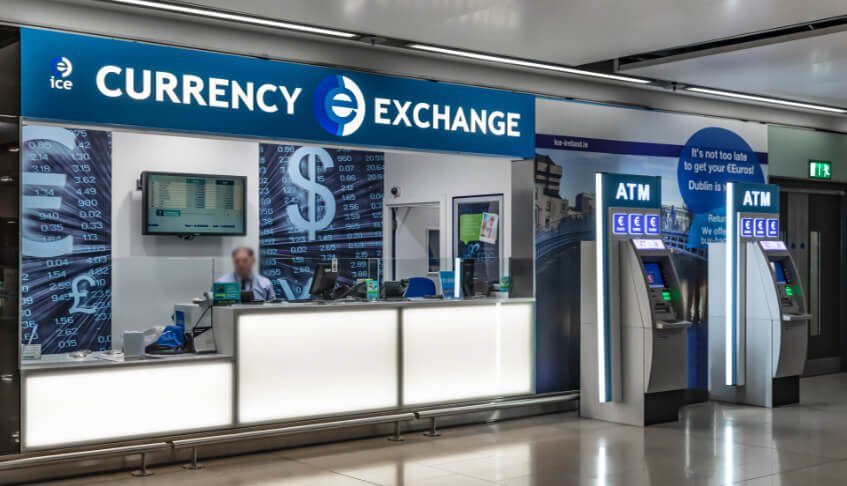How to get the best currency exchange services rate
When exchanging currency, getting the best exchange rate is essential. Finding the correct currency exchange service can be challenging if you travel to a foreign country or need to send money abroad. In this blog post, we’ll provide an in-depth guide on getting the best exchange rate when transferring or exchanging your money. We’ll explain the different currency exchange services available, what to look for in a reasonable exchange rate, and how to compare rates from different providers. Read on to learn more about getting the most bang for your buck!
Know When to Exchange Currency
Exchanging currency is a big part of international travel, and it’s essential to know when the best time to do so. Generally, exchange rates fluctuate significantly on any given day, so it’s essential to know the markets to get the best rate.
The best time to exchange currency is typically when the market is most stable. This means waiting until after significant news events, such as central bank decisions or political developments, have been released. Also, waiting until the end of the week before exchanging currency can ensure you get the best rate, as the markets tend to be more stable and consistent.
It’s also wise to exchange currency in small increments over time. This way, you don’t risk losing too much if there is a sudden change in the market. Waiting for slight upticks in the rate can help you get the most bang for your buck.
Finally, timing is essential when it comes to exchanging currency. The best time to go to the bank or a currency exchange service is usually during business hours (as opposed to late at night or early in the morning) when they are more likely to have more staff available and more efficient services.
Understand How Exchange Rates Are Determined
When it comes to currency exchange services, understanding how exchange rates are determined is critical. Exchange rates represent the value of one currency relative to another and are constantly changing due to various economic and political factors.
At its core, exchange rate determination is based on supply and demand. When there is a high demand for a particular currency, its value increases compared to other currencies. This is why exchange rates fluctuate considerably – the demand for different currencies can change quickly depending on global events.
The currency’s exchange rate can also be affected by the stability of the currency’s economy. When a country has a strong economy and a positive outlook, its currency tends to increase in value. On the other hand, when an economy is weak or uncertain, its currency typically decreases in value.
Interest rates also play a role in determining exchange rates. Countries with higher interest rates tend to have more valuable currencies since investors are more likely to invest in those countries to take advantage of the higher returns. Conversely, countries with lower interest rates have weaker currencies because investors are less likely to invest their money in those countries.
Finally, governments can also influence exchange rates through interventions such as currency pegging, which ties the value of one currency to another, or currency manipulation, where governments buy or sell their currency to alter its value relative to other currencies.
In short, exchange rates are determined by various factors related to the stability and strength of a country’s economy, government interventions, and market forces. Understanding how exchange rates are determined can help you make informed decisions about exchanging your currency.




